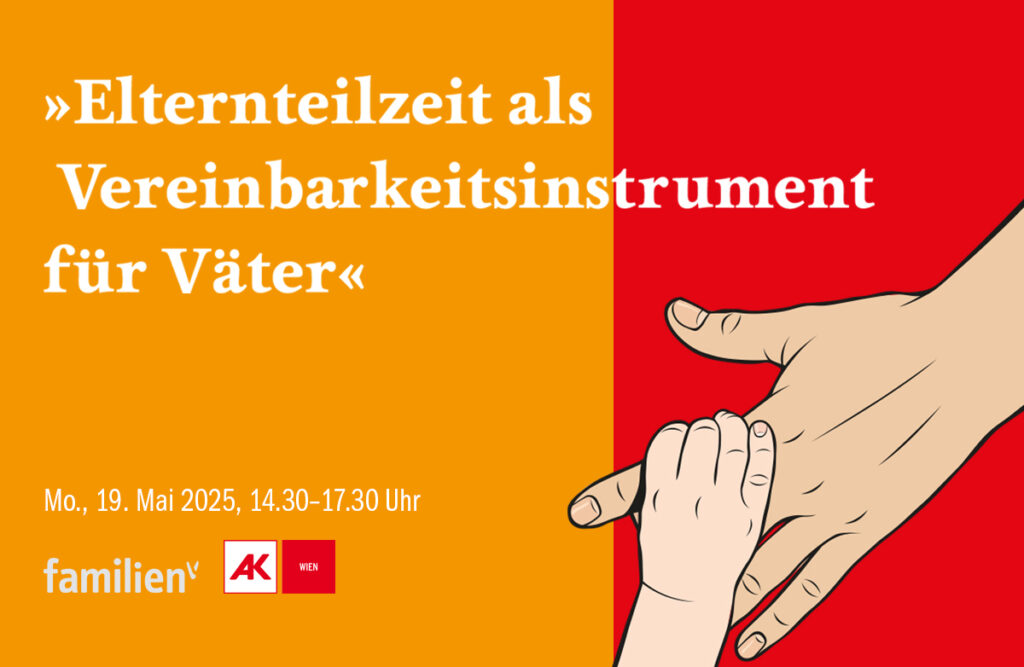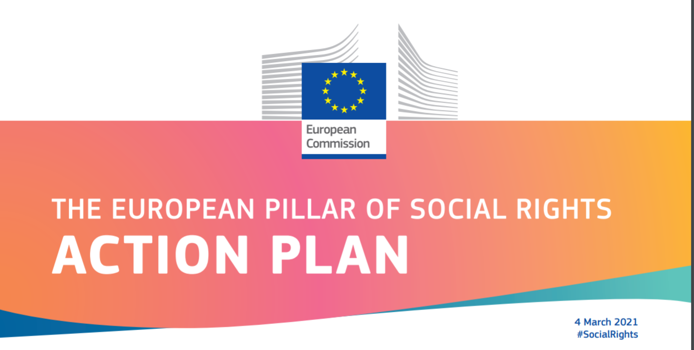The ongoing digital transformations today bring along the risk of new digital divides between those with access, skills, and motivation to use new technologies and those without. The consequences may lead to new forms of social disadvantages and inequalities. For example, digital divides, including both the access divide, the imbalance of digital use, and digital literacy, threaten the vision of a democratic space where everyone has an equal opportunity for participation. Consequently, excluded groups will be at risk of not reaping the full benefits of digital technologies.
Recent findings show how 5,3% of children and young people in Europe are digitally deprived. They live in households that cannot afford to have a computer and/or an internet connection. However, differences across Europe are large, ranging from 0,4% in Iceland to 23,1% in Romania. One characteristic that stands out as being very closely linked to children’s digital deprivation is whether they live in (severe) material deprivation.
Moving beyond access, many students are still disproportionally equipped for their technology-rich future. In 2018, 5,7% of 15-year-olds in Europe were considered to be digitally disengaged and 8% of 15-year-old were considered digitally unconfident, seeing once more big differences between countries. Grade repetition is closely linked to children’s lack of interest and confidence as well as low levels of home possessions.
In order to ensure that children and young people across Europe can equally benefit from the opportunities digital technology brings and that there is accurate information providing a well-rounded picture available, DigiGen’s first policy brief defines the following recommendations:
- Ensure that lack of monetary resources/lack of money is not the reason why children lack access to a computer and/or internet.
- Add the inability to afford a computer to the Material and Social Deprivation (MSD) rate.
- Add more digital indicators in the European Union – Statistics on Income and Living Conditions (EU-SILC).
- Prompt children and young people’s interest in ICT as it is an essential pillar in today’s educational system.
- Ensure that students are equally prepared for the digital age, regardless of where they live or the location of the school they attend.
- Work towards more transparency and standardised competencies between European countries.
- Conceive the quality of the use of ICT in teaching and learning as an essential factor.
- Ensure that teachers gain training in digital competencies and practical experience.
For more details, read the full policy brief here





